In the “Wikimedia World” series, I curate various archives of the Wikimedia Movement. I hope it will encourage Wikimedians to know more about the movement around the world, to compare other Wikimedians’ activities to their own, and to create archives of their experiences.

Efforts to preserve Angika language
Wikimedia projects are great tools for language preservation. Many Wikimedians and organisations, such as Wikitongues, are working on this issue.
One of the most famous enthusiasts is Amrit Sufi, who is a speaker of an endangered language called Angika and a researcher working on the digitization of endangered oral language and culture. Let’s take a look at her article titled “Why do I document oral culture and you should too?.”
A method I have been using to assert my language and cultural heritage is documenting Angika oral culture and integrating it with different Wikimedia projects. Oral culture serves as a valuable record of people’s voices, making it crucial to create comprehensive archives. As linguist Bidisha Bhattacharjee says: “Different forms of oral traditions express the unique identity of a community, its history, its tradition, its cultural heritage and ethnicity.”
Amrit Sufi (26 July 2023) “Why do I document oral culture and you should too?” Diff.
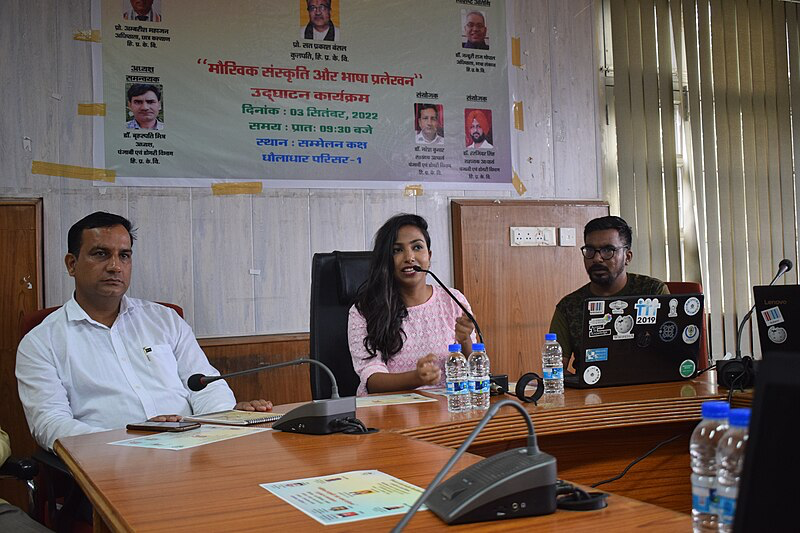
If you want to learn more about Angika language, an interview article with Amrit will be a good guide.
The most commonly stated problem regarding the use of Angika in digital spaces that I’ve seen language activists be vocal about is the lack of a script. Though Angika was historically written using the Kaithi script, it is now written using the popular Devanagari script (same script as Hindi). Using this script does not fulfil the purpose of representing certain unique vowel sounds in Angika; it is also clubbed as a ‘Hindi-belt language.’ Another glaring challenge is the lack of digital material and resources like apps in this language. It results in an automatic shift from Angika to Hindi/English.
Rezwan (27 April 2022) “Meet Amrit Sufi, who is helping to bring the endangered Angika language onto digital platforms” Diff.
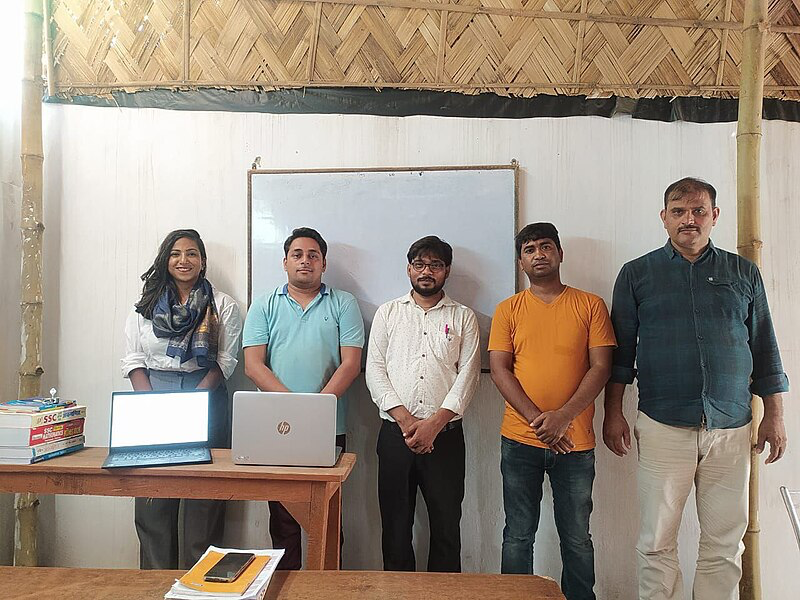
The works by Amrit inspires Wikimedians in other regions. Taufik Rosman, the Wikimedian of the Year 2023 from Malaysia mentioned Amrit’s article on Diff.
Taufik Rosman: What interested me for September is the Diff post titled “Indic Oral Culture meetups launch: Discussion on current status, hopes and challenges for underrepresented languages” by Amrit Sufi. This article resonates me a lot since most of my outreach works are related to preserving indigenous languages in Malaysia. This gives me more insight on how other Wikimedia communities work on their approach towards the same goal as mine in Malaysia.
Eugene Ormandy, Kurmanbek and Tofeiku (14 November 2023) “Monthly report from Eugene, Caner and Taufik (September 2023)” Diff.
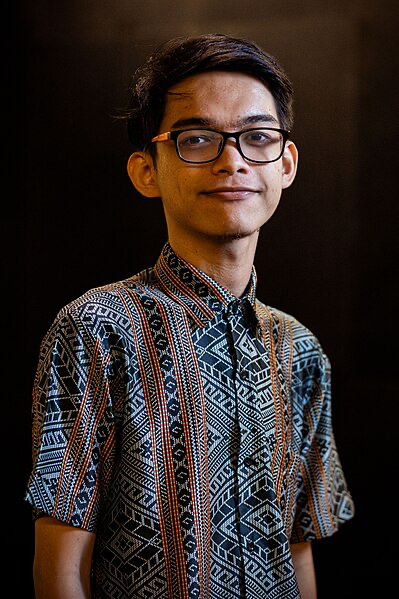
To get information about the Wikimedia Movement in education
If you are interested in the Wikimedia Movement in education, MetaWiki [[Education/News]] will help you a lot. It covers various news all around the world. One of the articles I love most is MetaWiki [[
Education/News/April 2022/The youngest member of Tartu Wikiclub is 15-year-old student]], which introduces the voices of Wikimedians and the value of Wikiclub.
Pille Priks: “I founded Wikiclub to help people to find their way to Wikipedia. Many smart people who could create good content on Wikipedia will never find it. Occasionally I provide training sessions on Wikipedia editing and I’ve seen the long road to the first article. In Wikiclub we help each other to overcome all sorts of difficulties that may come up on the way and we also motivate each other. Wikipedia can be fun and social – this is what Wikiclub wants to demonstrate!”
MetaWiki [[Education/News/April 2022/The youngest member of Tartu Wikiclub is 15-year-old student]] 19:28, 22 April 2022 (UTC)
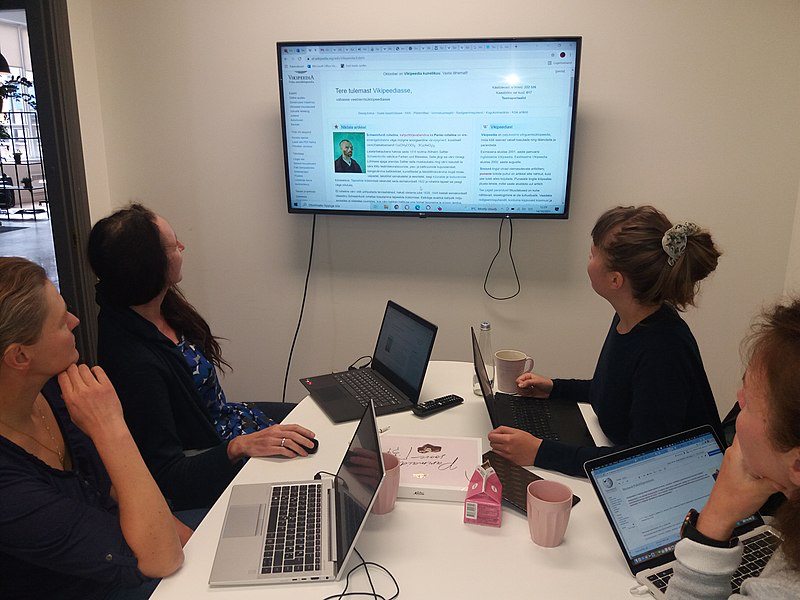
If you want to know more, news from Wiki Education is informative. Wiki Education is a small 501(c)(3) nonprofit, which runs programs that seek to build connections between universities and Wikipedia and other Wikimedia projects in the United States and Canada.
Let’s read an article titled “Clovis students add biographies of diverse people in STEM.”
Benson Karki, a computer science major, echoed Kaitlyn’s sentiments.
“Adding a biography of diverse individuals in STEM to Wikipedia is significant to me because it serves as an inspiration for individuals from similar backgrounds,” he says. “Highlighting the accomplishments of someone like Juan G. Santiago, whose work was not widely showcased on the internet, is essential in demonstrating the possibilities within STEM fields to a broader audience.”
LiAnna Davis (January 22, 2024) “Clovis students add biographies of diverse people in STEM” WikiEdu.
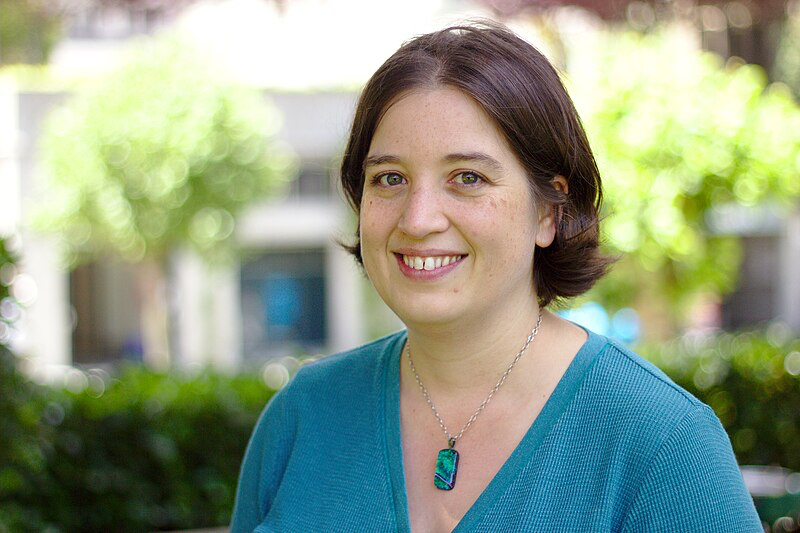
Do you want more? Then, go to [[Category: Education & Open Access]] on Diff, a Wikimedia Community Blog. My favorite article in the category is ““Reading Wikipedia in the Classroom” in Ukraine — 300 teachers for now, big plans for the future” by Anton Protsiuk, one the Wikimedian of the Year 2023 winners (Honorable Mention).
It’s heartening to see that the course helped increase awareness of how Wikipedia works among teachers, dispel myths, and direct them how to use Wikimedia projects in their work. Many teachers reported not knowing that Wikipedia can be edited by anyone and is a volunteer project before taking the course.
Anton Protsiuk (19 October 2023) ““Reading Wikipedia in the Classroom” in Ukraine — 300 teachers for now, big plans for the future” Diff.
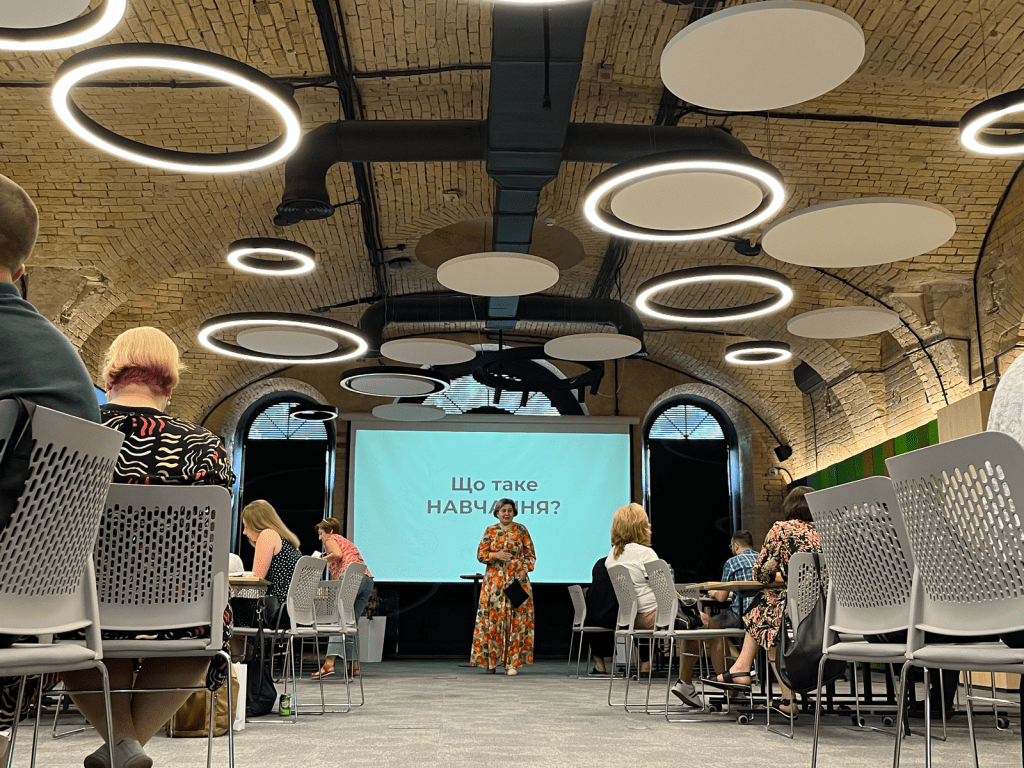
The lack of Fair Use in Japan created fabulous parody works
As a Japanese Wikimedian, it is a big shame for me to tell you that there is no Fair Use in Japan. It has a severe influence on Japanese Wikimedia Movement. The difference between the Wikipedia articles of Attack on Titan (進撃の巨人), one of the most famous Japanese manga, shows the circumstances clearly. [[Attack on Titan]] on English Wikipedia (06:01, 16 February 2024 UTC) has an image of the book cover of “Attack on Titan” Volume 1, but [[進撃の巨人]] on Japanese Wikipedia (23:33, 11 February 2024 UTC) doesn’t. The same goes for posters or screenshots.
However, such a terrible situation brought unexpected results. User:Asanagi, who is active on Japanese Wikipedia and Wikimedia Commons created various parody works instead of using “true” images on Japanese Wikipedia. Let’s take a look.


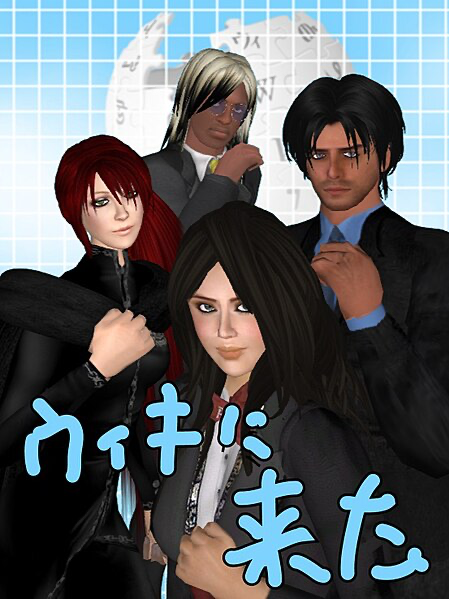
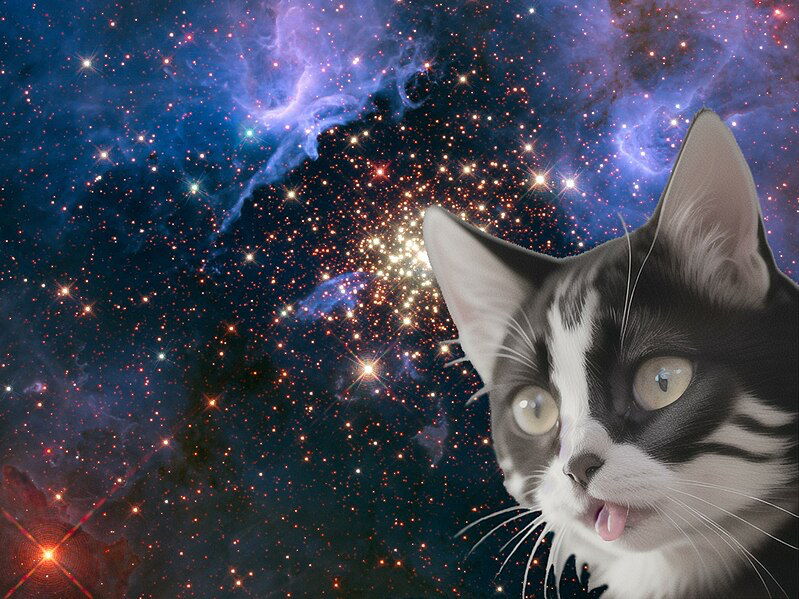
Of course I’m an advocator of Fair Use in Japan, but I also love these works created thanks to the lack of Fair Use!

Can you help us translate this article?
In order for this article to reach as many people as possible we would like your help. Can you translate this article to get the message out?
Start translation